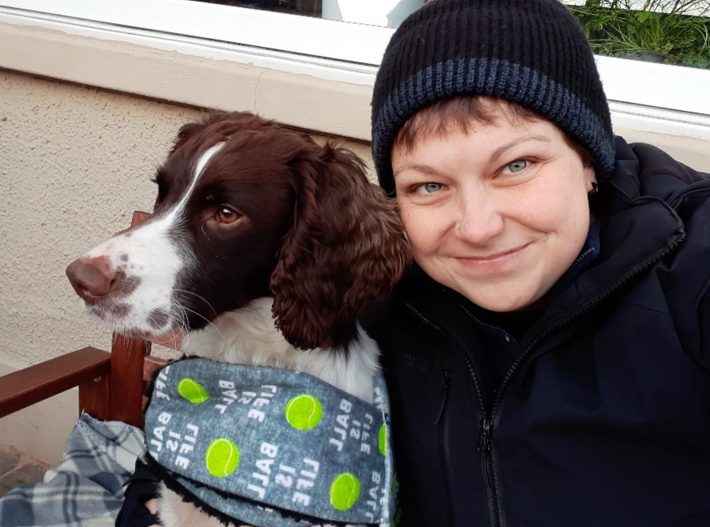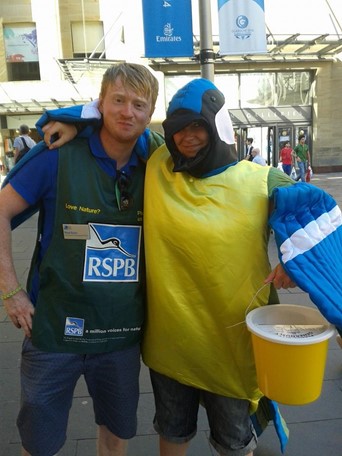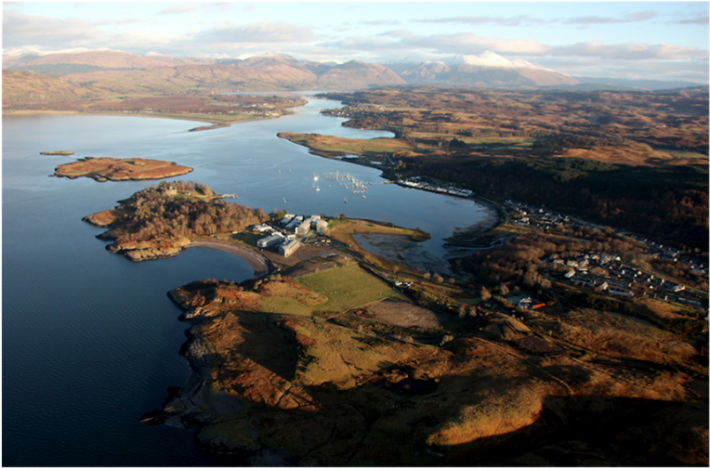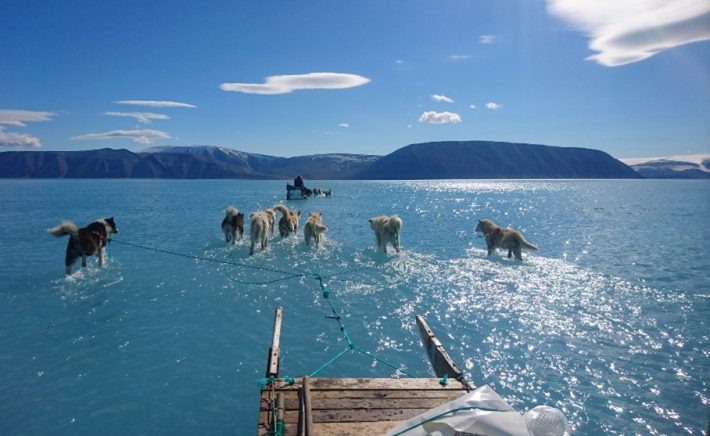An interview with Dr Hannah Grist

Tell us about yourself?
I am a Knowledge Exchange and Communications Manager based at the Scottish Association for Marine Science. This means my day job involves working in the intersection between science and stakeholders, whether that is policymakers, industry or communities. For example, I might be organising a policy briefing event, writing articles on recent research for an industry magazine, or designing information guides for events.
My background is a traditional science one- I studied Biology at Oxford, a masters in Ecology at York, and completed my PhD in Ecology at the University of Aberdeen. During my PhD I took part in lots of public engagement opportunities, and realised that while I love science, I wasn’t destined for research. After that I worked in outdoor learning for the RSPB, then moved to SAMS to run a citizen science project in Scotland called Capturing our Coast. Since then I’ve been building my experience and skills in all sorts of science communication, stakeholder engagement and knowledge exchange, and have been really fortunate to work in this field. I’ve even set up my own consultancy to work on some cool projects with collaborators, from fun events to art-science collaborations.

Tell us about your research/work and how that might intersect with policy?
Policy is influenced by many factors, but all decision-makers welcome robust, relevant evidence from trusted sources. My job is to identify where the needs are, and to ensure recent results are highlighted to the right people at the right time. At the moment, I run the communications for a Horizon 2020 Arctic climate science project called Blue-Action, which is a huge consortium of over 40 organisations internationally. Climate change is obviously a huge issue in policy, and a lot our work is on how we can improve predictions of weather and climate which is valuable to policy-makers. The Scottish Government has also been really proactive in engaging with the Arctic nations and issues, which makes my job much easier.
What do you get out of being on the SPG Committee?
I’ve been on the committee for a few years now, and joined as an early-career representative (I’m informed I’m officially too old for that now!). Being part of the committee as it has grown and developed has given me a really interesting insight into how the organisation engages with policy, from consultations to events and training. I’ve also developed a great network of people, both on the committee and the wider membership, and a much greater understanding of the scope of work across Scotland. Finally the committee are a wonderful, friendly group of people- I actively enjoy engaging and working with them.

If you had to pick a favorite project you have worked with SPG, what would it be?
This is a tough one! I think our Pie and a Pint nights have always been a real highlight- and the pies just seem to keep getting better. But recently we ran a workshop at the BES Annual Meeting on engaging with policy that I thought was a great success. This was a challenge as we had to move our ideas to the online format, and we try to make our training days informal and interactive. However, over 100 people joined us, and it felt like a really fun, positive session. These kind of opportunities to provide support and training to people who want to engage with policy are really important, and one of the reasons I think being on the committee is really valuable.
Policy is influenced by many factors, but all decision-makers welcome robust, relevant evidence from trusted sources.

Like what we stand for?
Support our mission and help develop the next generation of ecologists by donating to the British Ecological Society.